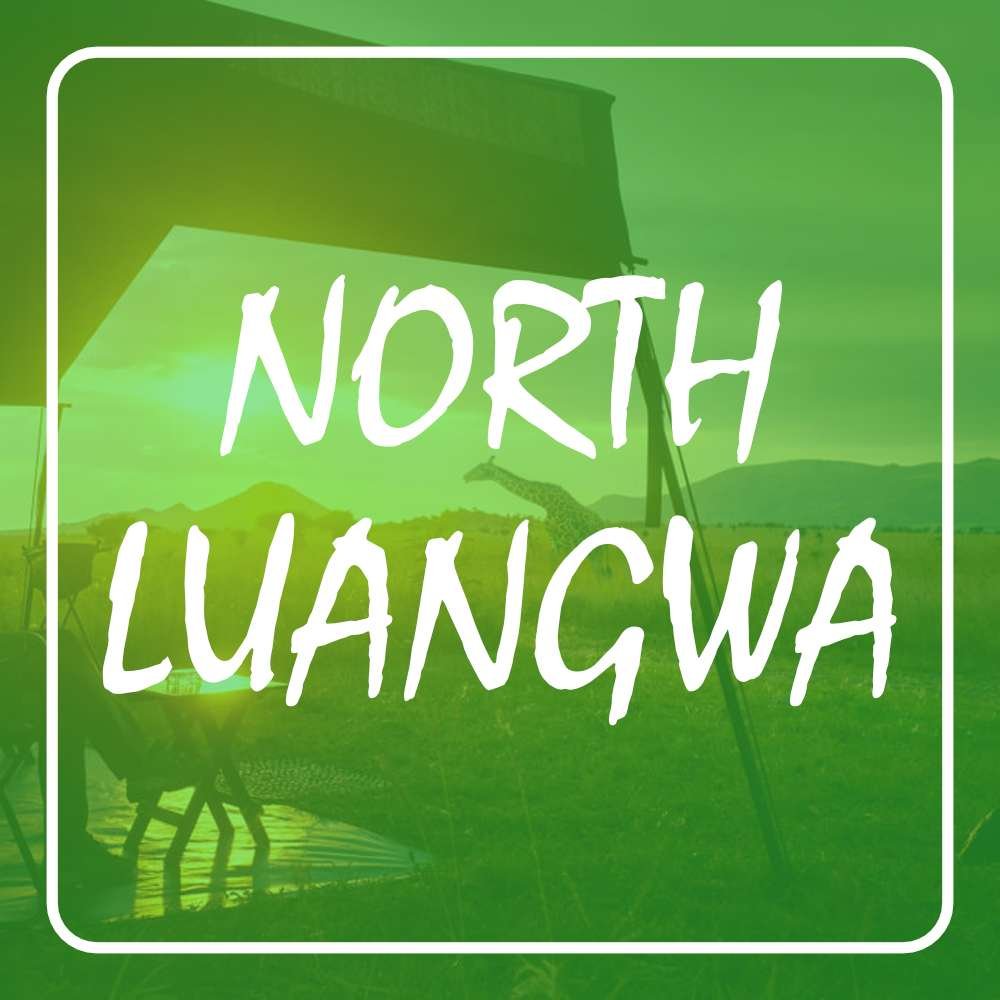Lavushi Manda National Park
- Governing Body: Department of National Parks and Wildlife
- Coordinates: 12°19′S 30°51′E
- Type: National Park, Bird Sanctuary
- Area: 1500km2
- Established: 1972
- Nearest District(s): Lavushimanda
- Province(s): Muchinga
- Countries: Zambia
Share:
General Information
Lavushi Manda National Park is situated the Muchinga Province and is the 11th largest of the 20 National Parks in Zambia. It is bordered by the Muchinga escarpment and bangweulu flats.
Infrastructure & Accessibility
It is possible to hike unaccompanied in the park. It is a two-and-a-half hour hike to the summit of Lavushi Mountain. Recreational angling is only possible in the park with a valid permit from April/May to December. No bait fishing and barbed hooks are allowed, and catch and release is the rule. There are kayaks available. The river is heavily vegetated and so bank fishing is near impossible from all but a few places. Hippos and crocodiles are dangers.
Habitat, Flora and Climate
Lavushi Manda National Park holds vast stretches of pristine hill miombo woodlands, large dambo wet grasslands, as well as gallery forests along the headwaters of the Lukulu and Lulimala rivers. A 40 km long dramatic rocky massif runs through the centre. The park covers a large part of the Lukulu and Lulimala river catchments immediately above the ecologically richest part of the Bangweulu floodplains/swamps.
Wildlife
The park is of major importance for African and paleartic migrants, and serves as an upland wildlife refuge for ungulates of the Bangweulu in the wet season such as the Roan, Sable and Hartebeest. Although largely depleted, recent visits show there is still an excellent variety of large mammals present in small numbers, including Lion and Leopard. Possibly the last observation of a wild Black Rhinoceros in Zambia was made in LMNP in the late eighties, suggesting the park is highly suitable for reintroduction of the species.
Birdlife
Lavushi Manda national park was designated as an “Important Bird Area” as of 2001, for protecting common species typical of the vast miombo regions of Southern Africa. The park hosts a large number of birds too numerous to mention including the rare Great Snipe.
Fish
Lavushi Manda national park has a rich diversity of aquatic life including the top sport-fish caught in the rivers that anglers prefer known locally known as mpifu (or ntifu?) here is a large, green fish which is a type of yellowfish. The area has a lot of endemic fish species such as several barb species, catfish, ray-finned fish, tilapia, yellowfish and so many others.
Reptiles & Amphibians
There are Nile crocodiles which occur in the Lukulu river. A sand snake identified at the time as Psammophis sibilans was collected in this region in 1932 (“Nsanga River” west of Lavushi), before it had even become a game reserve.
The endemic and newly discovered laushi manda skink was also discovered in this area. It is yet to be fully documented.
Activities
Canoeing, Game Drives, Fishing, Kayaking, Safari Tour, Guided TourNo donation to this project yet.
| M | T | W | T | F | S | S |
|---|---|---|---|---|---|---|
| 1 | 2 | 3 | 4 | 5 | 6 | 7 |
| 8 | 9 | 10 | 11 | 12 | 13 | 14 |
| 15 | 16 | 17 | 18 | 19 | 20 | 21 |
| 22 | 23 | 24 | 25 | 26 | 27 | 28 |
| 29 | 30 | 31 | ||||










